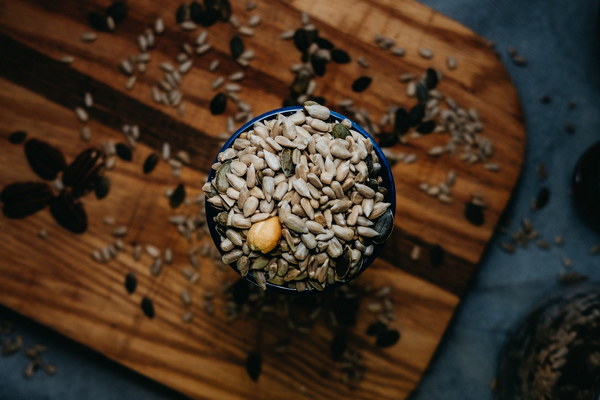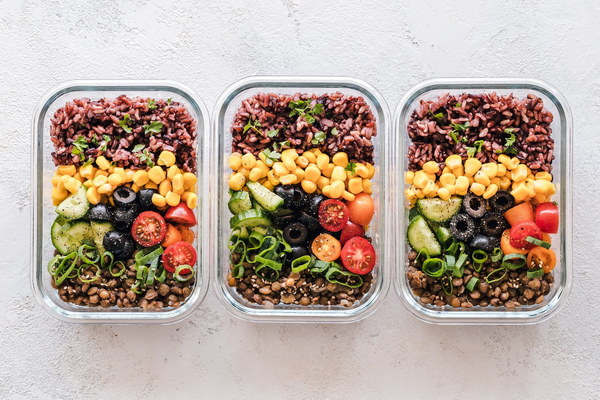Is it Wise to Replenish in the Evening Exploring the Benefits and Drawbacks of Nighttime Nutrition
In the fast-paced world we live in, it’s not uncommon for individuals to seek ways to enhance their well-being and boost their energy levels. One such practice is replenishing the body in the evening, which some believe can help improve sleep quality and overall health. But is it truly beneficial to consume supplements or heavy meals at night? Let’s delve into the subject and explore the benefits and drawbacks of nighttime nutrition.
Benefits of Nighttime Nutrition

1. Enhanced Sleep Quality: Consuming certain nutrients before bedtime can help improve sleep quality. For instance, tryptophan, an amino acid found in foods like turkey and dairy products, can increase the production of serotonin, which may lead to better sleep.
2. Muscle Recovery: Engaging in physical activities during the day can leave your muscles feeling fatigued. Consuming protein and other essential nutrients in the evening can aid in muscle recovery, especially if you have a workout routine.
3. Improved Digestion: Some nutrients, such as probiotics and prebiotics, can promote a healthy gut. Consuming these nutrients in the evening can help maintain a balanced gut flora and improve digestion.
4. Energy Levels: If you experience low energy levels in the evening, consuming a small, balanced meal or snack can help boost your energy and keep you feeling alert.
Drawbacks of Nighttime Nutrition
1. Disrupted Sleep: Consuming heavy meals or certain supplements at night can disrupt your sleep cycle. For instance, drinking caffeine or eating spicy foods close to bedtime can lead to discomfort and sleep disturbances.
2. Weight Gain: Consuming excess calories at night can contribute to weight gain. This is because your body may not be as active during sleep, and the excess calories may be stored as fat.
3. Digestive Issues: Some individuals may experience digestive issues, such as bloating or heartburn, after consuming heavy meals or certain supplements in the evening.
4. Nutrient Imbalances: Taking supplements at night may lead to nutrient imbalances, as your body may not be able to effectively absorb and utilize the nutrients while you sleep.
Best Practices for Nighttime Nutrition
1. Choose Sleep-Inducing Foods: Incorporate sleep-inducing foods, such as turkey, dairy products, and almonds, into your evening meal or snack. These foods can help improve sleep quality.
2. Opt for Light, Balanced Meals: If you need to consume a meal or snack at night, choose a light, balanced meal with a good mix of protein, healthy fats, and complex carbohydrates.
3. Avoid Caffeine and Alcohol: Stay away from caffeine and alcohol before bedtime, as they can disrupt your sleep cycle and lead to discomfort.
4. Be Mindful of Your Timing: Try to finish eating at least two hours before bedtime to allow your body enough time to digest the food.
5. Consider Supplements Wisely: If you choose to take supplements, ensure that you are taking them at the right time and in the right dosage. Consult with a healthcare professional if you have any concerns.
In conclusion, while nighttime nutrition can have its benefits, it is important to approach it with caution. By following best practices and being mindful of the foods and supplements you consume, you can optimize your health and well-being. Remember, it’s all about finding a balance that works for you and your lifestyle.









